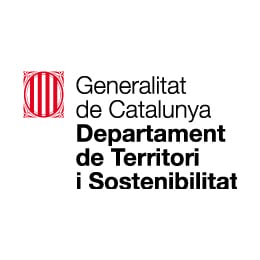Catalonia (Granollers)
Butterflies don’t just look beautiful, they have an unusual trait. They are nature’s way of showing us the effects of climate change.
Cold-blooded, the creatures typically need warm weather to survive, which means you’re more likely to find them living in warm and tropical climates. However, climate change is forcing butterflies and moths to adapt. Many species are having to change their ‘phenology’ – the timing of natural lifecycle events. We’re starting to see strange patterns in species distribution that can be clearly linked to global warming; such as butterflies making their spring appearance early, or a new African species being sighted in Catalonia.
But some species just can’t adapt. As the Mediterranean area is the richest in species in the whole of Europe, a drop in butterfly populations would have a domino effect on the whole ecosystem. In order to contribute to the conservation of butterfly populations, we must first identify the causes of population changes and analyse the wonderful world of butterfly diversity.
Butterflies can be monitored by anyone who has the time and is willing to learn the butterfly species. The Catalan Butterfly Monitoring Scheme (CBMS) is a useful tool for the rapid detection of changes in distribution and habits. It’s simple: you just register to set up butterfly monitoring, join one of the biggest citizen science networks in Europe and contribute to science. And increasing the knowledge of butterflies means we could protect them better.
You don’t need to be an expert. You just need to be able to identify a butterfly species by name in order to record which butterflies you spot in a particular ‘transect’ (established walk). At a registered site – such as El Cortalet in the Aiguamolls de l’Empordà Natural Park – butterflies are recorded weekly over a number of years. Data taken from the whole network is then used by scientists and researchers to discuss patterns of diversity, track species and get early warning signals, which then allows them to help biodiversity.
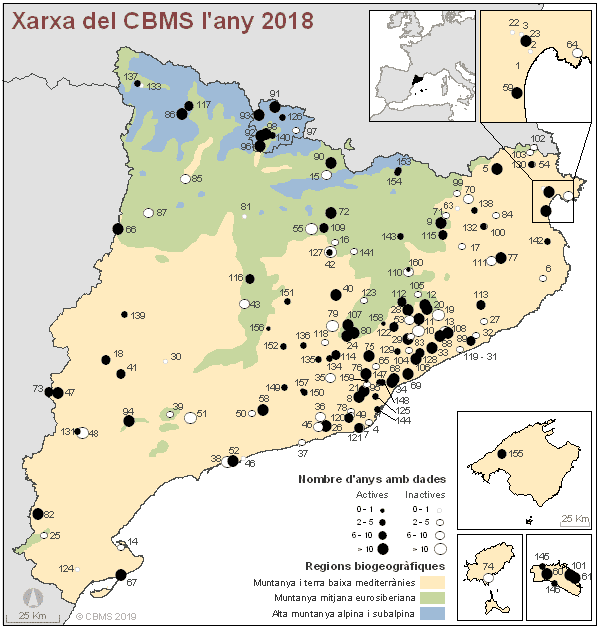
There are already thousands of volunteers throughout Europe helping in butterfly conservation. Created in 1994 with the support of the Generalitat of Catalonia, and financed by the Catalan Department of the Environment and Housing and the Granollers Museum of Natural Science, initially, the monitoring network consisted of 11 sampling stations located in northeastern Catalonia. There are now over 160 stations that have provided data from the Balearic Islands to Andorra.
Protecting biodiversity shouldn’t rely on what’s useful for us as human beings. We should also protect biodiversity because it’s beautiful. So go out there and engage more people to go out butterfly-spotting – because that can have a huge butterfly effect.
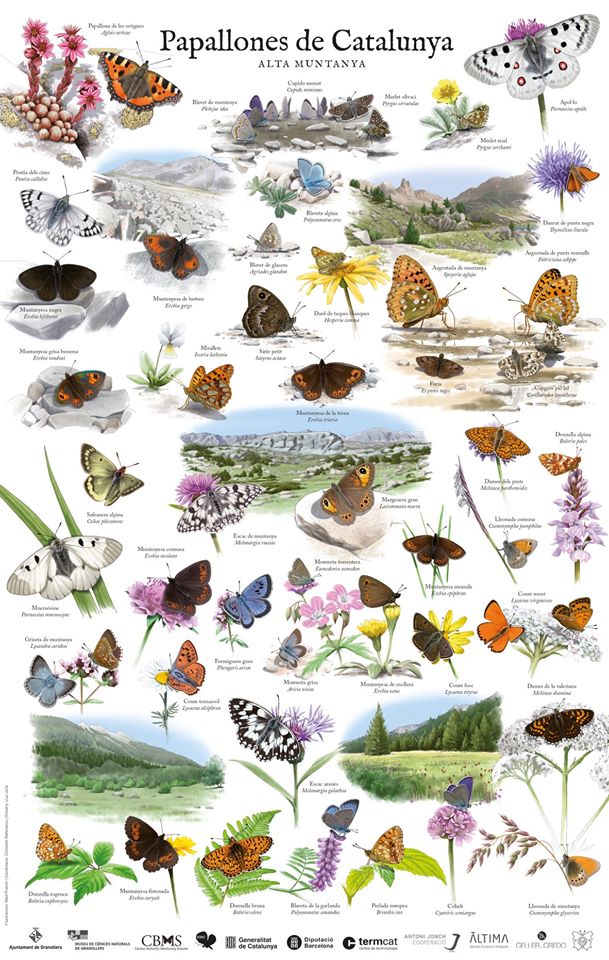
AtlasAction: The data you collect is useful. More info on how to participate here (in Catalan).
Project leader
Museu de Ciències Naturals de Granollers
Partners
This project has been selected as part of NatureFutures, a new storytelling project that maps the innovations in wildlife, biodiversity and citizen science and the biologists, engineers, designers and entrepreneurs behind them. Atlas of the Future is excited to partner with the Ministry of Territory and Sustainability of the Government of Catalonia.
Support the Atlas
We want the Atlas of the Future media platform and our event to be available to everybody, everywhere for free – always. Fancy helping us spread stories of hope and optimism to create a better tomorrow? For those able, we'd be grateful for any donation.
- Please support the Atlas here
- Thank you!
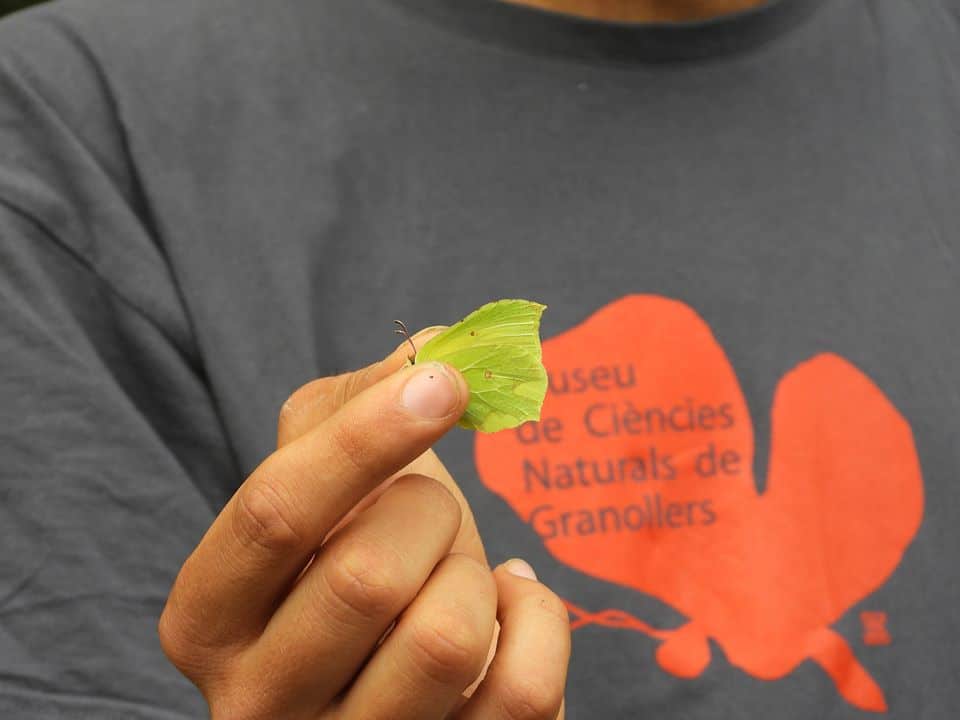

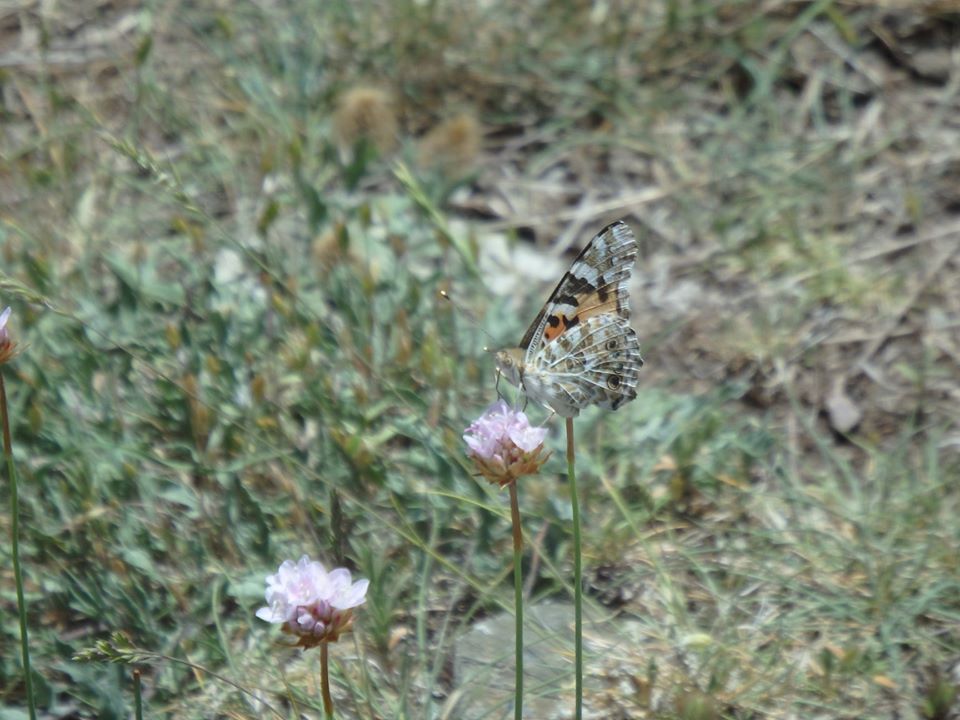
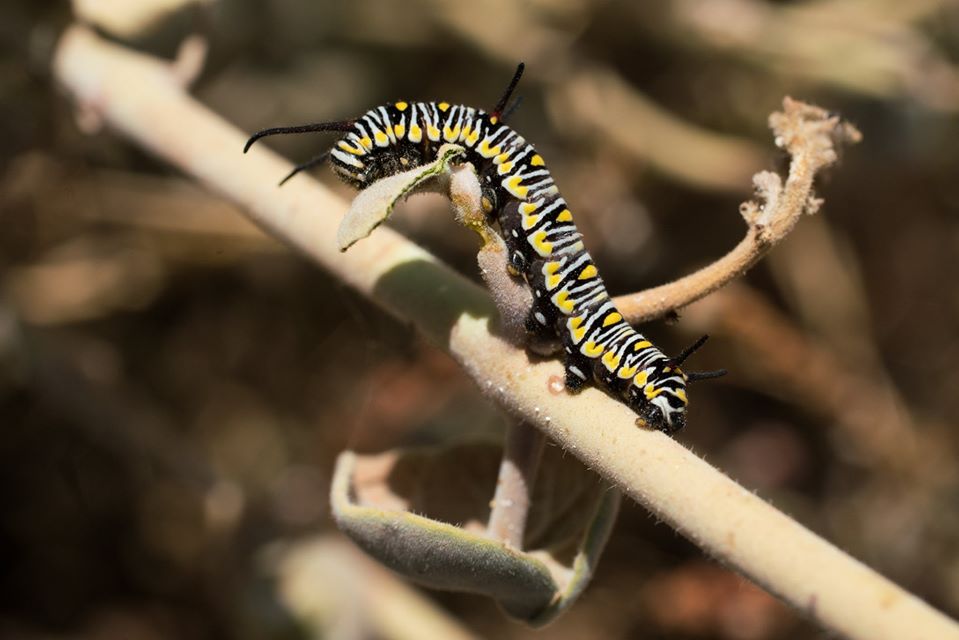
Spoiler Alert: this will be a butterfly when it grows up
